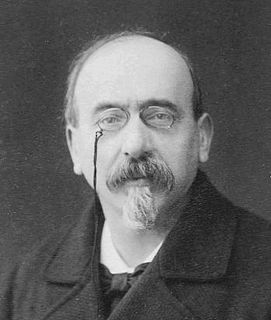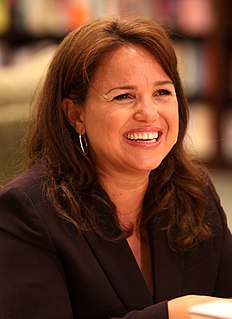A Quote by Henry David Thoreau
It is not worth the while to let our imperfections disturb us always.
Related Quotes
We must be careful not to choose, but to let God's Holy Spirit manage our lives; not to smooth down and explain away, but to stir up the gift and allow God's Spirit to disturb us and disturb us and disturb us until we yield and yield and yield and the possibility in God's mind for us becomes an established fact in our lives, with the rivers in evidence meeting the need of a dying world.
There is no true and constant gentleness without humility. While we are so fond of ourselves, we are easily offended with others. Let us be persuaded that nothing is due to us, and then nothing will disturb us. Let us often think of our own infirmities, and we will become indulgent towards those of others.
Will they attack us? Yes. Will they smear our backgrounds and distort our records? Undoubtedly. Will they lie about us, harass our families, namecall to try to intimidate us? They will. There's nothing safe about it. But is it worth it? Well, let me ask you. Is freedom worth it? Is America worth it?
Our stories are not meant for everyone. Hearing them is a privilege, and we should always ask ourselves this before we share: "Who has earned the right to hear my story?" If we have one or two people in our lives who can sit with us and hold space for our shame stories, and love us for our strengths and struggles, we are incredibly lucky. If we have a friend, or small group of friends, or family who embraces our imperfections, vulnerabilities, and power, and fills us with a sense of belonging, we are incredibly lucky.
The Conversation about women’s bodies exists largely outside of us, while it is also directed at and marketed to us, and used to define and control us. The Conversation about women happens everywhere, publicly and privately. We are described and detailed, our faces and bodies analyzed and picked apart, our worth ascertained and ascribed based on the reduction of personhood to simple physical objectification. Our voices, our personhood, our potential, and our accomplishments are regularly minimized and muted.

































